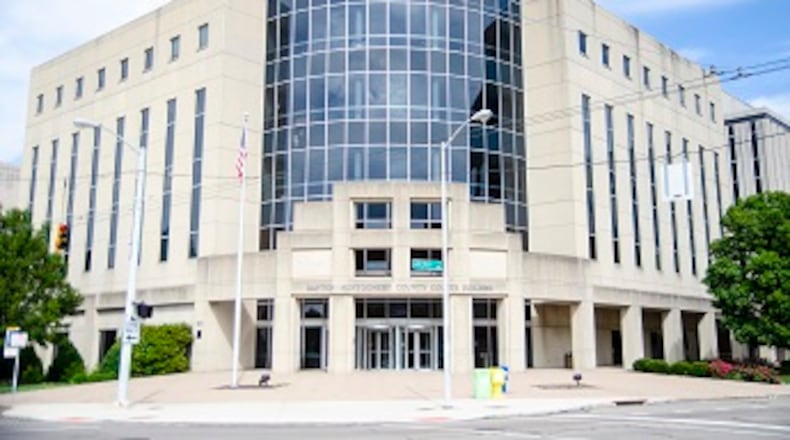“This technological option, coupled with our Volunteer Lawyers Project Legal Clinic for Self Represented Parties, will provide the help necessary for citizens to better navigate the Domestic Relations Court,” Cross said. “It will remove many of the barriers to justice that people face when they’re dealing with the legal system on their own.”
The self-help tool was created through a partnership with nonprofit Ohio Legal Help and the Montgomery County Domestic Relations Court. Domestic relations court includes cases such as divorce, domestic violence and child custody.
The Virtual Self-Help Center allows users to fill out, edit, save and complete court forms, as well as ask questions to a chatbot. The resource will be available for all self-represented litigants going through a matter in the Montgomery County Domestic Relations Court, which handles between 5,000 and 6,000 cases a year.
Cross said that although “the best thing is to have a lawyer,” all people have the right to represent themselves in court.
On a weekly basis, her courtroom sees a few litigants opting to represent themselves, whether it be due to not being able to afford an attorney or other reasons.
“We see every year the number increase with people who come to court to represent themselves, too,” she said.
Ohio Legal Help executive director Susan Choe said that finances are a major barrier in the legal system.
Montgomery County has about 530,000 residents, more than 15% of whom live below the federal poverty level, according to the U.S. Census Bureau.
Choe’s organization estimates that 90% of low-income people facing legal issues receive little to no legal aid.
“These people often have no choice but to navigate complex legal issues on their own,” Choe said. “The Virtual Self-Help Center will be a tremendous help for so many of them.”
Another barrier in the justice system is simply a lack of understanding of how proceedings operate, Cross said.
“Citizens sometimes just don’t know the law,” she said. “This tool will help them. And if the people in front of us are able to give us all the information we need, we can make a more informed decision.”
The Dayton Legal Heritage Foundation awarded $250,000 to the project, which took a few years to complete.
“We’re excited about this project because it’s going to make a significant difference for thousands of people in our community who are dealing with difficult family law matters,” said Gordon Arnold, president of the Dayton Legal Heritage Foundation. “It’s going to provide people with the information they need to navigate the court process and connect to resources in the greater Dayton area.”
Ohio Legal Help plans to launch similar virtual self-help tools this fall in Cuyahoga County and in the first half of 2024 in Lorain County, according to the nonprofit.
About the Author

